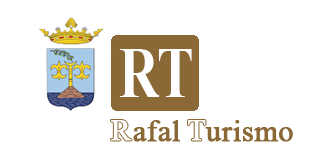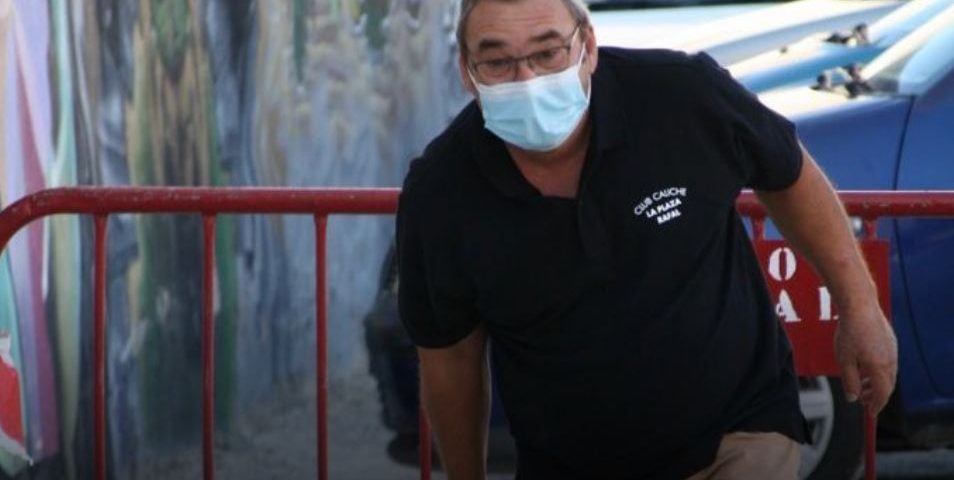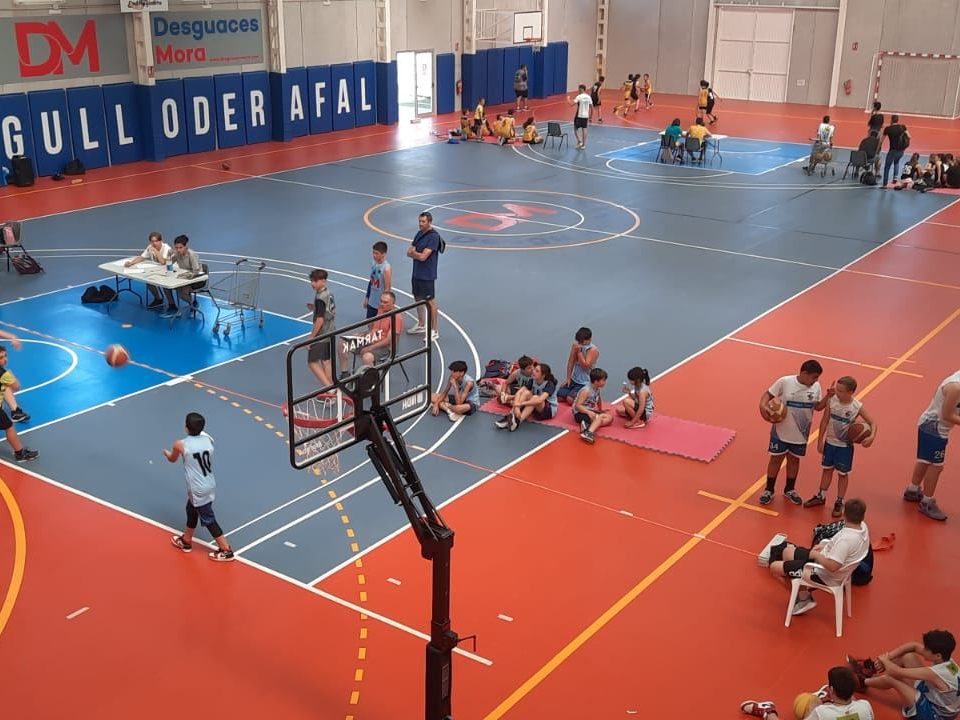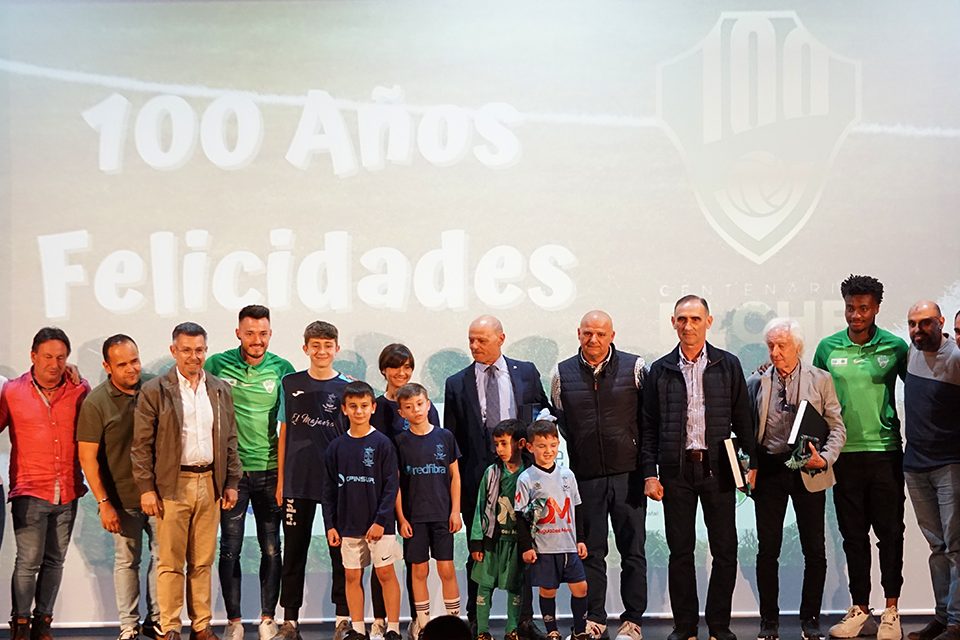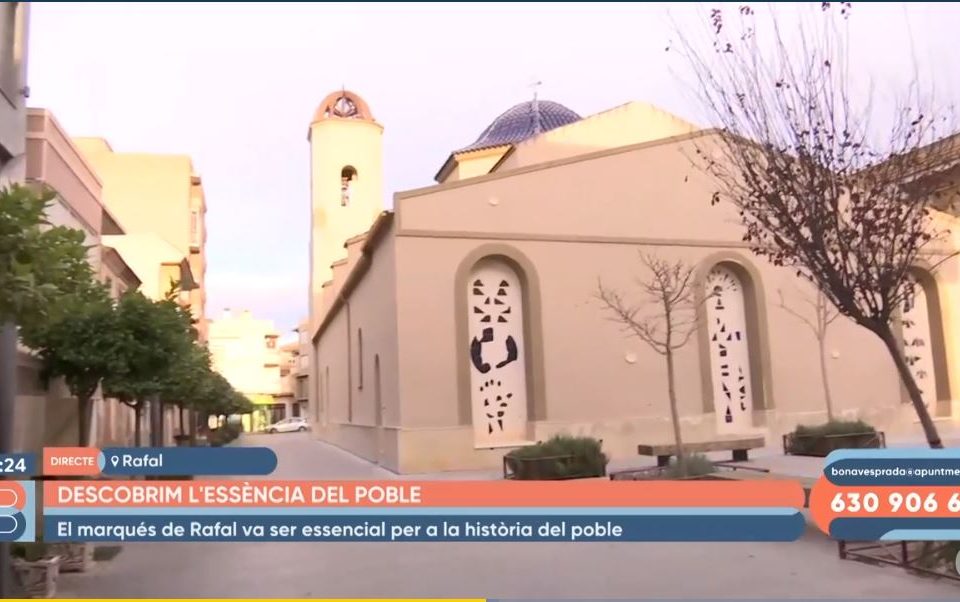Caliche, una tradición muy actual en Rafal

Rafal: la noche en vivo
30 junio, 2022
Homenaje a D. Jesús Mula
27 julio, 2022Todos los pueblos y culturas del mundo buscan conservar y perpetuar sus tradiciones. Aquellas cosas que se han hecho durante toda la vida, que hicieron nuestros tatarabuelos, hacían nuestros abuelos y más tarde hicieron nuestros padres, son sin duda alguna los principales ingredientes que llegan a conformar la identidad de un pueblo y crean el sentimiento de arraigo hacia un lugar en la tierra. Así, con el paso del tiempo, los habitantes de un lugar llegan a formar y sentirse parte de algo que es más grande que ellos y que les engloba a todos.
La importancia de cuidar las tradiciones cobra especial importancia cuando se trata de un municipio de dimensiones reducidas, máxime cuando se trata de costumbres que, si no llegaran a conservarse, llegarían a desaparecer.
Esta es la labor que se persigue desde el club de caliche ‘La Plaza’ de Rafal, para la práctica y difusión de este deporte tradicional. El club reúne a un buen número de entusiastas en una cafetería local del municipio para compartir y practicar esta afición. El juego cuenta con diferentes variantes según la zona en la que se practique, se practica comúnmente en un terreno arenoso (similar al de la petanca) con los jugadores divididos por equipos, y en el que se intenta derribar, por turnos con unas piezas redondas y metálicas, un objeto cilíndrico para conseguir tirar la moneda que se encuentra en la parte superior del mismo.
El club organiza y colabora en diversas actividades municipales. Una de las más destacadas ha sido la organización del primer trofeo competitivo de este deporte, celebrado con motivo de las fiestas patronales de Rafal en honor a la Virgen del Rosario, y que contó con una gran participación. Otra de sus actividades, y quizá la más importante, fue su contribución en la celebración del Día del Deporte en el CEIP Trinitario Seva de Rafal. Los miembros de este club explicaron al alumnado del centro las reglas, técnicas y modo de juego, que después serían reproducidos por los propios niños y niñas en el desarrollo de jornada. Un trabajo de difusión entre las nuevas generaciones para que el legado de los pueblos, y especialmente el de Rafal, no se pierda olvidado en el tiempo.
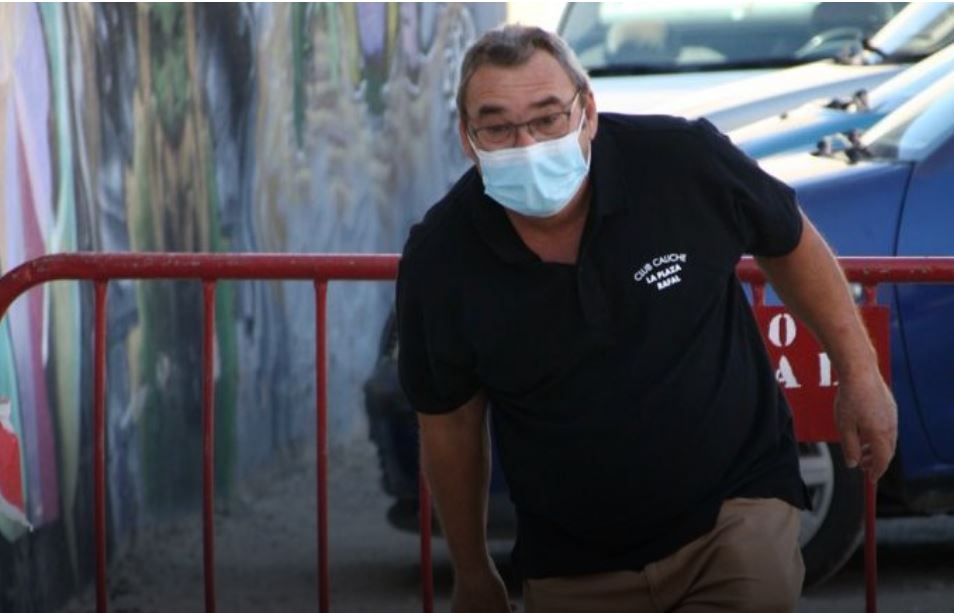
All peoples and cultures of the world seek to preserve and perpetuate their traditions. Those things that have been done throughout life, that our great-great-grandparents did, our grandparents did and later our parents did, are undoubtedly the main ingredients that come to make up the identity of a people and create the feeling of rootedness towards a place on earth. Thus, with the passage of time, the inhabitants of a place come to form and feel part of something that is bigger than themselves and that encompasses them all.
The importance of caring for traditions is particularly important in a small municipality, especially when it comes to customs which, if they were not preserved, would disappear.
This is the work being pursued by the caliche club ‘La Plaza’ in Rafal, for the practice and dissemination of this traditional sport. The club brings together a good number of enthusiasts in a local café in the municipality to share and practice this hobby. The game has different variants depending on the area in which it is played. It is commonly played on a sandy terrain (similar to petanque) with the players divided into teams, and in which they take it in turns to try to knock down a cylindrical object with round metallic pieces in order to throw the coin on top of it.
The club organises and collaborates in various municipal activities. One of the most outstanding was the organisation of the first competitive trophy in this sport, held on the occasion of Rafal’s patron saint’s fiestas in honour of the Virgen del Rosario, which was very well attended. Another of their activities, and perhaps the most important, was their contribution to the celebration of the Sports Day at the CEIP Trinitario Seva in Rafal. The members of this club explained to the pupils of the centre the rules, techniques and way of playing, which would later be reproduced by the children themselves during the day. A work of dissemination among the new generations so that the legacy of the villages, and especially that of Rafal, is not lost forgotten in time.
